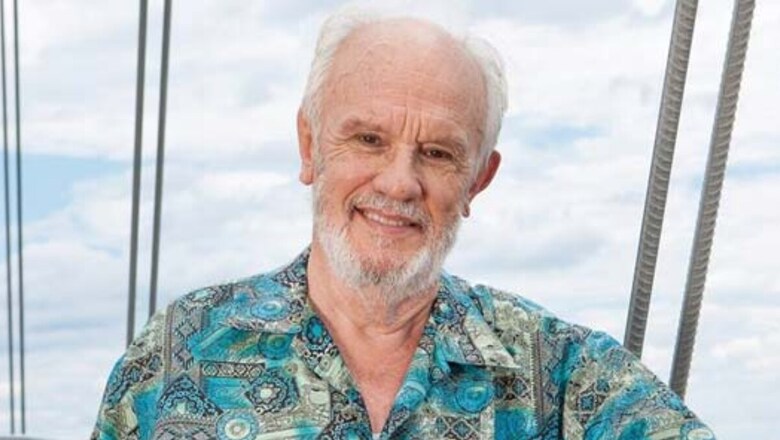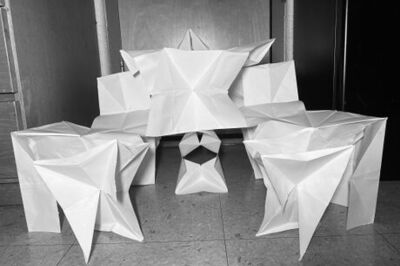
views
The world often seems consumed by self-interest, but some individuals walk among us, embodying compassion and selflessness in its purest form. One such extraordinary individual is James Harrison, affectionately known as the ‘man with the golden arm.’ His journey has seen him save the lives of countless babies and women with his blood donations.
James Harrison’s story began at the age of 14 when he underwent major chest surgery. The Australian Red Cross Blood Service said that it was blood donations that saved his life during this critical time, inspiring him to make a solemn pledge — to become a blood donor himself.
Over the years, Harrison donated blood more than 1,100 times, making an invaluable contribution to the Australian Red Cross. However, his journey took an extraordinary turn when doctors discovered a unique quality in his blood—a rare antibody that could combat a life-threatening condition known as rhesus disease.
Rhesus disease is a perilous condition that occurs when a pregnant woman with rhesus-negative blood carries a baby with rhesus-positive blood. In such cases, the mother’s immune system may produce antibodies that attack the baby’s blood cells, potentially leading to severe complications such as brain damage or even death.
Harrison’s blood, however, proved to be a beacon of hope. The antibodies found in his blood were used to develop an injection known as Anti-D, a medical marvel that effectively combats rhesus disease. More than 2 million women have benefited from Harrison’s generosity, with over three million doses of Anti-D issued to Australian mothers with negative blood types since 1967.
Anti-D, crafted from Harrison’s antibodies, serves as a preventive measure against the development of RhD antibodies in pregnant women with rhesus-negative blood. Harrison’s profound impact is evident in the countless lives saved, including that of his own family. Even his daughter, touched by the golden gift of her father, received the Anti-D vaccine, ensuring the birth of a healthy grandson.
James Harrison’s selfless dedication to blood donation and the subsequent discovery of his unique antibodies have been nothing short of a game-changer for the medical community. Though doctors are uncertain about the origins of his rare blood type, they suspect that the transfusions he received during his adolescence might be the key.
Harrison made his final blood donation in 2018, having reached the maximum age allowed for donors in Australia.

















Comments
0 comment